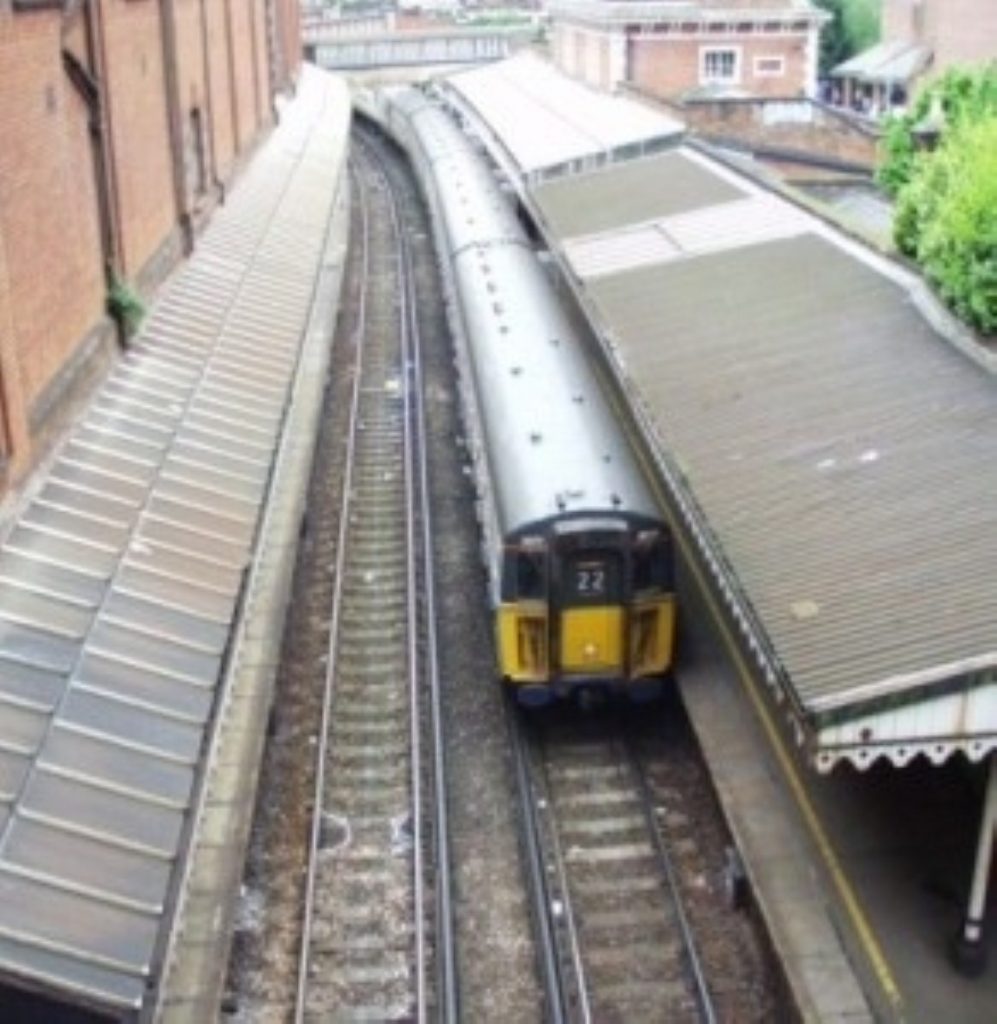Pay packets at Network Rail bulge despite poor performance
Executives at Network Rail, the not-for-profit regulator of Britain’s track and stations, face public criticism today after they received massive payouts, despite failing to meet 83% of its punctuality targets during 2002-2003.
According to annual results, Network Rail’s CEO John Armitt pocketed 225,000 pounds, part of which was a gratitude payment for successfully shepherding Railtrack out of administration.
This was dwarfed by safety and compliance director Chris Leah who received 451,000 pounds, made up of ‘retention’ and ‘loyalty’ payments.
Technical director Richard Middleton received 189,000 pounds and financial director Sebastian Bull bagged 216,000 pounds.


Should performance targets be met in 2003-04, directors could receive bonuses at 18 per cent of salary or around 60 per cent of salary if targets are nailed ahead of plan.
Network Rail was set up after the Government decided to pull the plug on the poorly performing Railtrack in October 2001.
Ian McAllister, chairman at Network Rail said in the report: ‘This was a year of significant change. We have always said that there are no quick fixes to the accumulated problems facing Britain’s rail network, but during the first six months of Network Rail’s ownership we began to put in place the building blocks to deliver a sustainable improvement in performance of the rail network.
‘We achieved good performance in key areas with a 28 per cent reduction in temporary speed restrictions, the incidence of broken rails fell 17 per cent while signals passed at danger were down 7 per cent.
‘The increase in train delays attributable to infrastructure was disappointing and provides a clear focus for the year ahead. We are targeting a 20 per cent improvement over three years.’
He went on: ‘We have set ourselves a target of achieving overall efficiencies equivalent to 20 per cent of costs, or 1 billion, by March 2006.’
Mick Rix, general secretary of Aslef, the train drivers’ union, said ‘fat cat culture’ still prevailed on the railways.
‘Now that Network Rail is a not-for-profit company, the Government should ensure that it shakes off the worst excesses of the privatised culture,’ he said.
Network Rail had a bad fiscal year in 2003 with losses of 255 million pounds. It plans to reduce train delays by 21 per cent and reduce costs by one billion pounds by March 2006.
Accountants Ernst & Young approved the payments to the executives.












